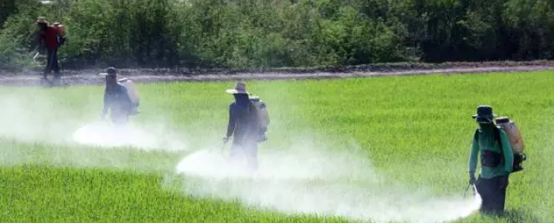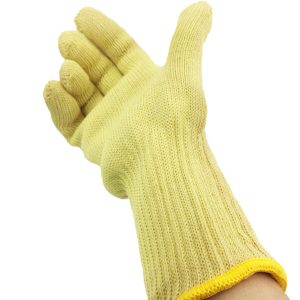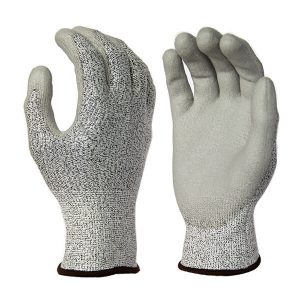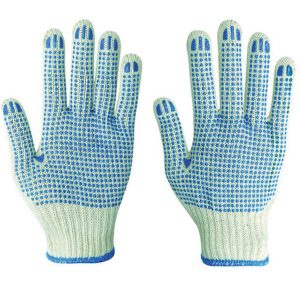Why are you wearing work gloves in agriculture?
In the process of agricultural production, work gloves in agriculture play an important role in agricultural production. Because hands are the most direct contact with farm tools, land, chemical substances, etc., so the protection of hands is crucial for farmers. Work gloves in agriculture provide comprehensive hand protection to help farmers stay safe and healthy at work. On the other hand, in the agricultural industry, workers are involved in several tasks where work gloves serve as a protective barrier. These duties include working with livestock, handling chemicals such as herbicides and disinfectants, and dealing with contaminated soil.

About herbicides and insecticides, there are hundreds of varieties that are used in agriculture, each with chemicals that can be harmful to humans. Furthermore, personal protective equipment must be used to reduce or eliminate exposure to these chemicals.
In the dairy farming sector, glove use has become more common in recent years. Work gloves in agriculture help prevent the spread of bacteria, which is key for dairy farming, as a sick animal is unproductive until it can be brought back to health.
There are various zoonotic diseases, which are transmitted from animals to humans. One example is brucellosis, a disease that is caused by a bacteria known as brucella and primarily affects animals. However, humans can contract brucellosis if they come in contact with infected animals or animal products. Additionally, livestock handlers need to ensure they are not passing diseases from infected animals to healthy animals.
Workers also need protection when repairing and maintaining their fleet equipment. Whether tractors or combine harvesters, the machines contain chemicals that can cause health issues if they get onto a worker’s hands and absorb through the skin.
With these risks, agricultural employees need work gloves in agriculture that can stand up to harsh chemicals and bacteria.
Nitrile and latex gloves as work gloves in agriculture for chemicals and pesticides

Agriculture is currently trending toward lighter-weight nitrile gloves which offer durability and chemical and pesticide resistance at a competitive price.
Nitrile, a synthetic rubber, provides the best overall chemical resistance. Agricultural workers who spend their days spraying pesticides on crops have the risk that they could get the chemicals on their hands which could be absorbed through the skin. Nitrile gloves provide protection that will not easily break down when it comes into contact with harsh chemicals. This protection is also beneficial for guarding against the many fluids that workers can come into contact with while they are performing maintenance on vehicles.
Latex gloves are the second-most common work gloves in agriculture. These gloves are also donned when workers are dealing with pesticide residues. When handling plants and plant products, workers use latex gloves to protect themselves even if there are no visible signs of pesticides.
Vinyl gloves for tending livestock

When it comes to tending livestock, vinyl gloves are a more suitable option compared to other glove materials, particularly for tasks that require several glove changes in a short time. Vinyl is an inexpensive material that is perfect for short-duration tasks as workers move from animal to animal to prevent cross-contamination. Vinyl gloves are common in breeding applications.
Regardless of the application, it is important to remember gloves are not solely for safeguarding workers and livestock. They also protect government and private inspectors. These parties should also don the appropriate gloves to guard themselves and the livestock they inspect and ensure the integrity of agricultural facilities.
In short, work gloves in agriculture are indispensable protective supplies for farmers in agricultural production. By choosing the right type and material of gloves, wearing and maintaining gloves correctly, farmers can effectively protect the safety and health of their hands, and improve production efficiency and work quality. Let us work together to focus on farmers’ hand health and promote sustainable agricultural production.




